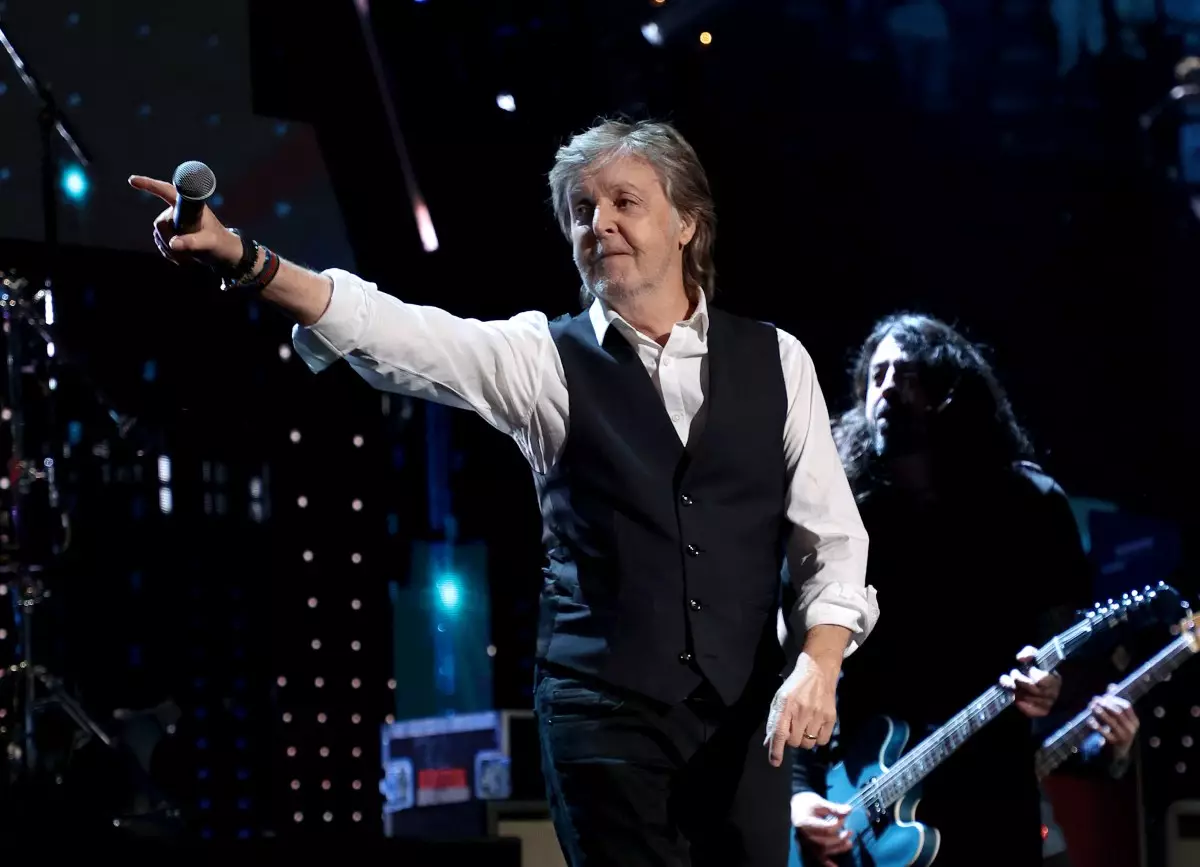In recent discussions surrounding the future of copyright law in the UK, iconic musician Paul McCartney has emerged as a staunch advocate for artists’ rights. His statements underscore a growing concern that impending legislative changes could weaken the protections currently in place for musicians, composers, and other creatives. The proposed alterations would enable technology companies to use online content—including music—without explicit consent from the copyright holders, a proposition McCartney deems detrimental to the creative landscape.
McCartney’s impassioned plea resonates powerfully: “We’re the people, you’re the government! You’re supposed to protect us,” he asserts. This sentiment reflects a broader frustration shared by many artists who fear that their work may be exploited without due compensation or recognition. In an era where digital content is ubiquitous and easily accessible, the sanctity of copyright is more critical than ever. As artists find their livelihoods increasingly threatened by unchecked technological advancements, it becomes imperative for legislative bodies to reinforce protections that uphold the economic rights of creative professionals.
AI: A Double-Edged Sword
Interestingly, McCartney is not against the advancement of artificial intelligence in music production; rather, he urges a balanced approach that respects intellectual property. His innovative use of AI to polish an old John Lennon recording showcases the potential for technology to enhance artistic output. However, he warns that an indiscriminate application of AI could lead to dire consequences for young, emerging artists. “You get young guys, girls, coming up, and they write a beautiful song, and they don’t own it,” he laments. This statement highlights the precarious position of new artists who strive to carve a niche in a competitive industry while grappling with the reality of copyright infringement.
The potential for AI to generate music raises questions regarding ownership and creativity. With tools that can imitate styles and produce original compositions, young artists may find themselves overshadowed by technology that dilutes their unique contributions. In this landscape, a clear regulatory framework is essential to ensure that artists retain ownership of their creations and receive fair compensation for their work.
A Call for Legislative Responsibility
As the UK government navigates these crucial discussions on copyright laws, McCartney’s message serves as a powerful reminder of the responsibility that lawmakers bear in safeguarding the interests of those who drive the cultural sphere. It is vital for legislators to consult with artists and industry stakeholders to develop regulations that not only promote innovation but also preserve the rights of copyright holders.
If the government fails to act decisively in protecting artists, the creative sectors of the economy could face significant decline. A vibrant arts community is integral to cultural identity and economic growth, making it imperative to strike a balance between technological advancement and copyright protection. McCartney’s clarion call emphasizes that, in fostering a thriving cultural landscape, lawmakers must be vigilant and proactive in their protective measures for artists. The future of creativity depends on it.

